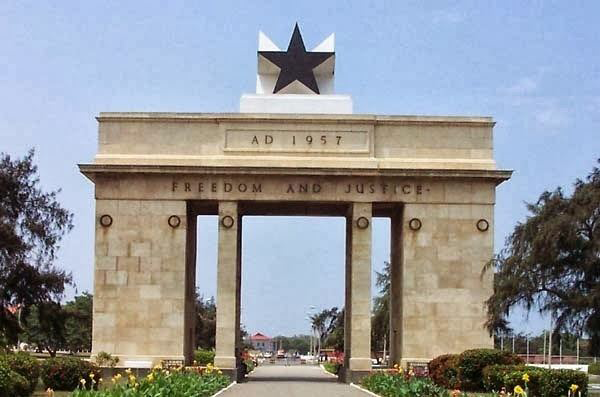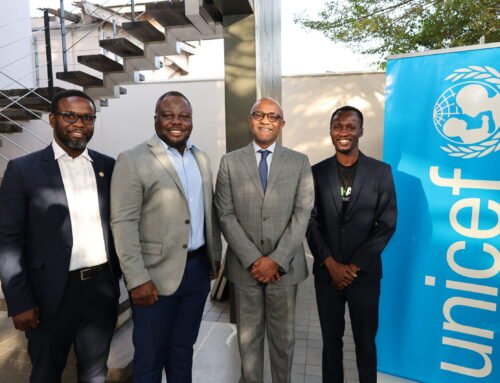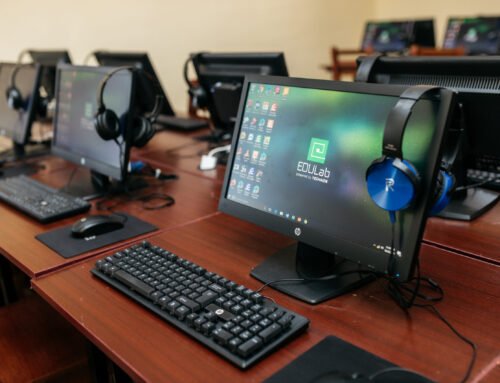
Malcolm X Cautions Africa’s Leaders About Racism
By Anis Haffar
“Remember the gory lessons of history or be doomed to repeat them”
Even today, the key writers and activists of African decent were minimally or hardly included in history books taught in Africa and the Americas. Books from the colonial schools like “The MAkers of Civilization,” celebrated characters like Christopher Columbus, the “founder” of America, and other of that type. Such European explorers paved the way for slave trade – with loots to share with their kings and queens – and have been so denounced for what truly were.
Whoever thought that one day their statuses and effigies would be besieged or brought down from the high pedestals and dumped into rivers? The evil that men do truly lives after them; and as the iconicc Bob Marley put it, “You can’t fool all the people all the time.”
The arc of history
Ever since my university days in California in the 1970s to now, I’ve invested in a sizable collection of books on Kwame Nkrumah, Nelson Mandela, Franz Fanon, J.H. Kwabena Nketia, and Ephraim Amu. And also on a selection of Rev. Martin Luther King, Jr; James Baldwin, Langston Hughes, W.E.B. Du Bois, Maya Angelou, Richard Wright, and of course, Malcom X. Some key Pan-Africanists include Marcus Garvey, George Padmore, and Kwame Toure (formerly Stokely Carmichael) and they all need to be rooted decisively in our educational curriculum.
Kwame Toure became a special friend and he’d make himself available to speak at the state universit where I studies in Los Angeles. The personality whose presence I missed (and I have sill not recovered fully from that lost opportunity) was Ms. Rosa Parks. Ms. Parks was the lady who refused to sit in the backof a bus – in the Jim Crow days in Montgomery, Alabama. She heralded the civil right movement which Dr. King led. She’s now designated the first lady of civil rights movement.
Ms. Parks accepted our invitation during the black history month to speak at the school where I taught; bu, for some reason, I was out that afternoon when she came. The last time I visited Los Angeles, the former Santa Monica Freeway had been renamed Rosa Parks Highway.
Again, in Boston, a program I attended a few years back was located on Malcom X Avenue. As Dr. King used to say, “The arc of history bends towards justice.” To isgnore such pathfinders was to ignore the history of the larger African struggle.
Malcolm X
In his autobiography, Malcolm X shared an incident that happened to his mother when she was pregnant with him. One night – whle the father was away preaching in Milwaukee – some hooded Ku Klux Klan riders galloped up to their home in Omaha, Nebraska. Surrounding the house, they brandished shotguns and rifles and shouted for his father to come out. His mother opened the front door, and visibly pregnant she told them that was home alone with her three small children. The Klansmen shouted threats that they better leave town because “the good Christian white people” were npt going to stand for her husband “spreading trouble among the ‘good’ Negroes of Omaha with the Back to Africanpreachings of Marcus Garvey.”
Eventually, the father was killed in a mysterious accident when Malcolm was six years. The tragedy left a lasting impression on him through adulthood.
Malcolm X at the OAU
In July 17-21, 1964, Malcolm attended an OAU conference in Cairo, Egypt, where he presented a case to African Leaders to help resolve the plght of African Americans in the U.S.
He began, “[I] attended this historic African Summit-Conference asan observer to represent the interests of 22 million African-Americans whose human rights are being violated daily by the racism of American imperialists. Since the 22 million of us were originally Africans, who are now in America, not by choice but only by a cruel accident in our history, we strongly believe that African problems are our problems and our problems are African problems. We in America are your long-lost brothers and sisters.”
In laying out the murderous conditions relocated Africans endure, he continued “in America, [we are] suffering the most inhuman forms of physical and psychological tortures imaginable. And all of these inhuma atrocities have been inflicted upon us y the American governmental authorities, the police themselves, for no reason other than that we seek the recognistion and respect granted other human being in America. We stand defenseless, at the mercy of American racists who murder us at will for no reason other than we are Black and of African descent.”
Our common humanity
He noted that Africa’s “problems will never be fully solved until and unless ours are solved … You will never be fully respected until and unless we are also respected. You will never be recognised as free human beings until and unless we are also recognised and treated as human beings. Our problem is your problem. It is not a Black problem, nor an American problem. This is a world problem, a problem for humanity. It is not a problem of cicil rights; it is a problem of human rights!’
Malcolm concluded by beseeching the independent African states to help the problem before the United Nations to protect the lives and property of 22 million African Americans.








